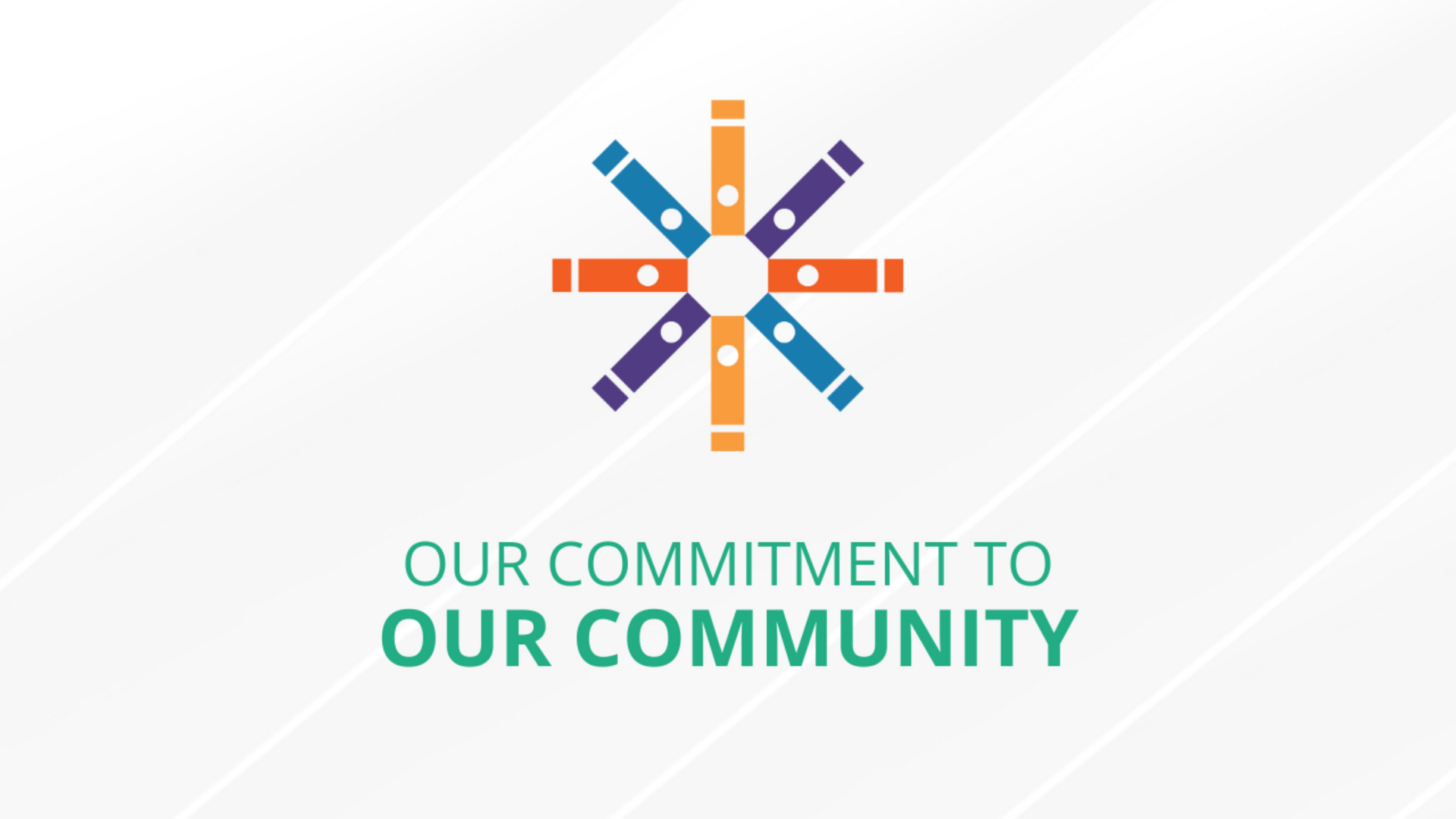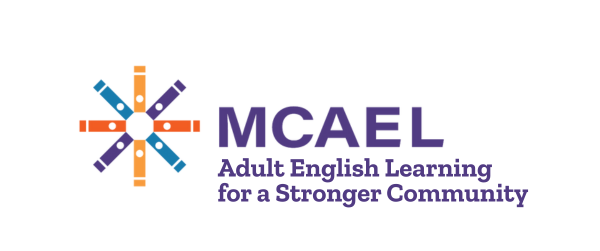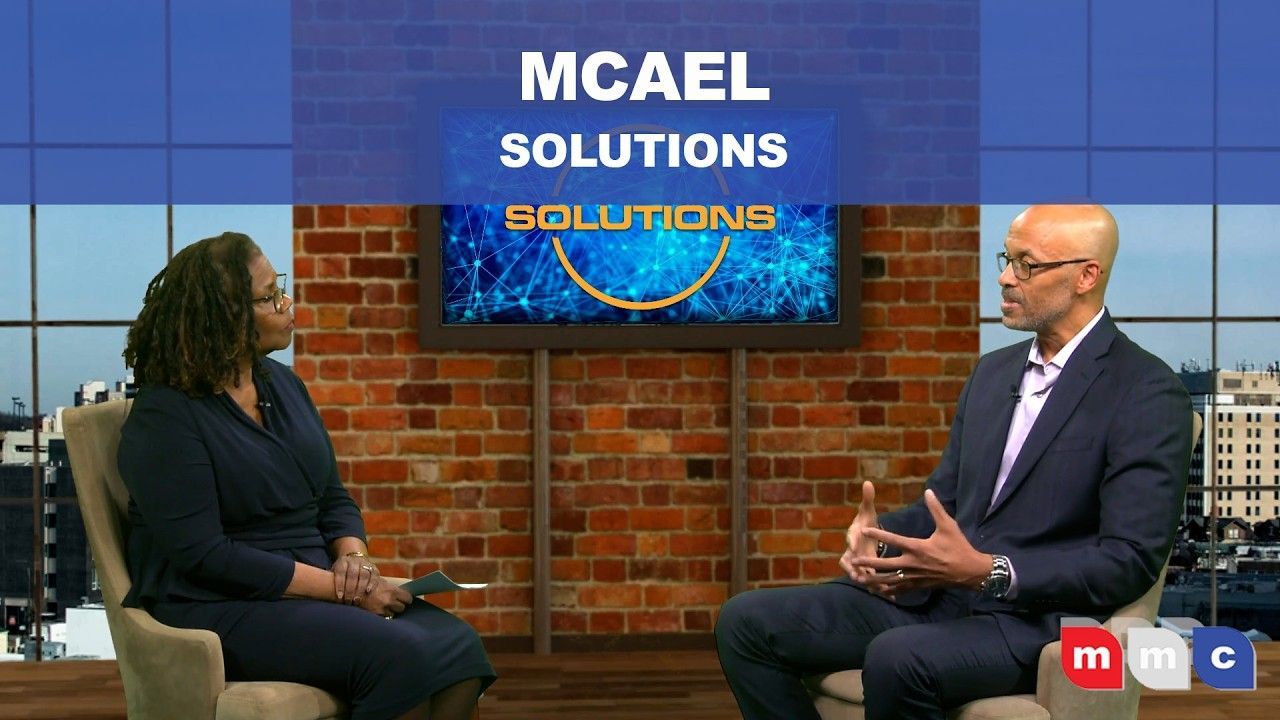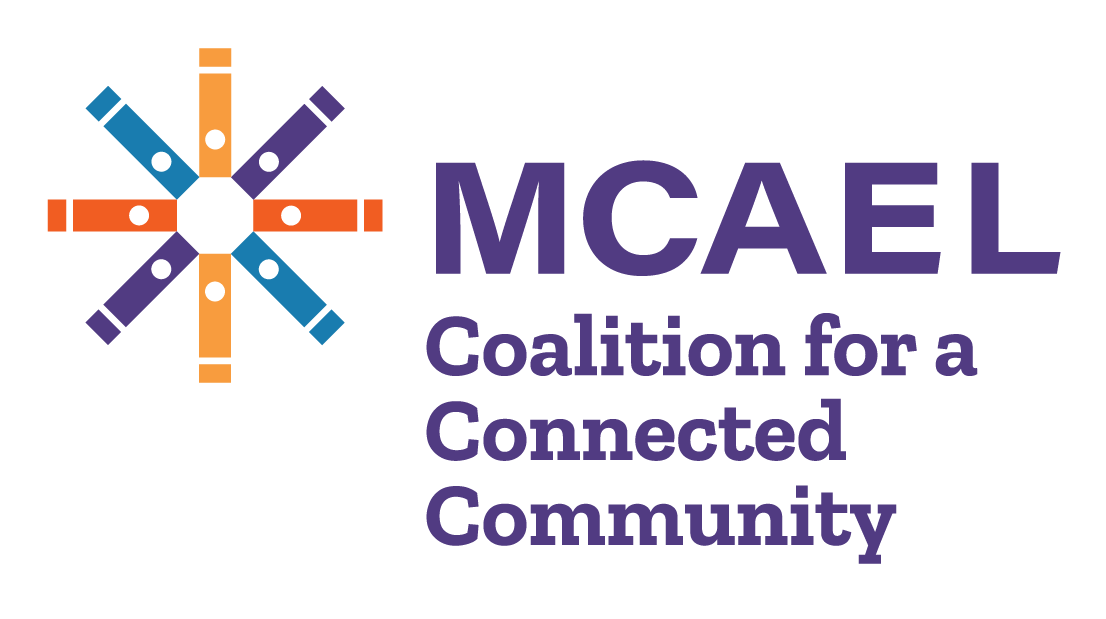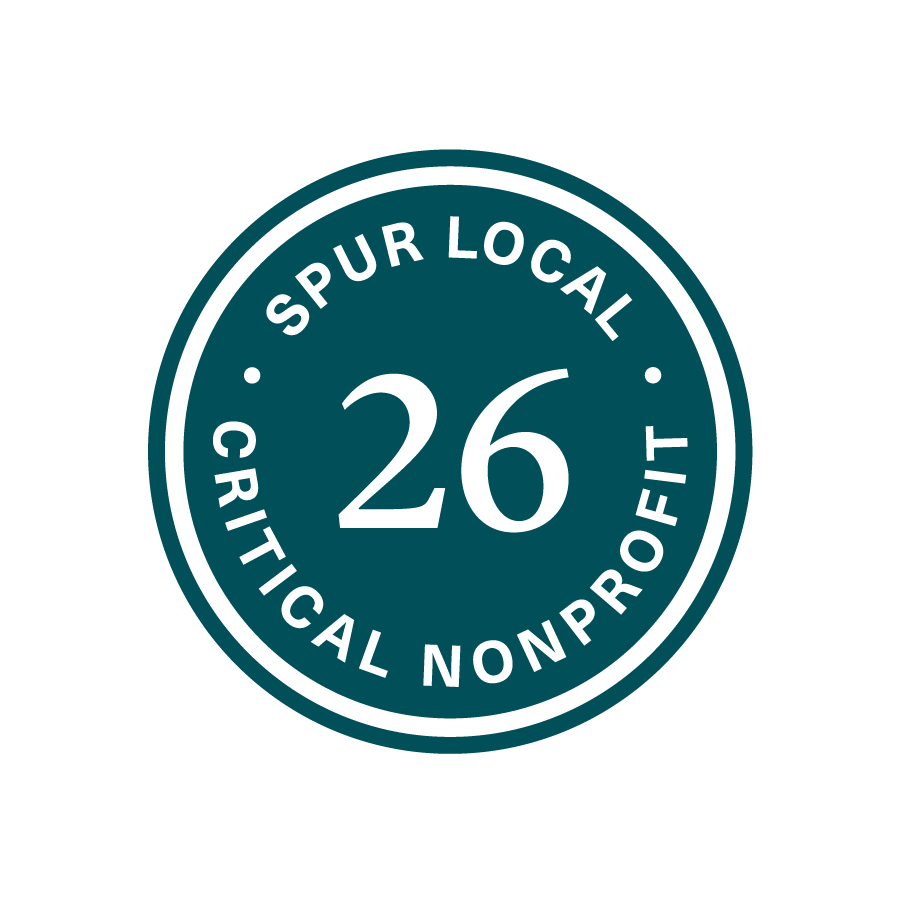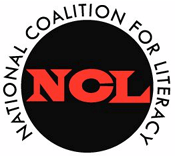People of MCAEL - Meet Halima Ahmed
It’s MCAEL’s 15 year anniversary, and we’re celebrating with a “People of MCAEL"
The "People of MCAEL" series features first person insights and photos from some of the wonderful people involved in English language learning in Montgomery County, MD. You’ll find stories here and on Facebook, Instagram, LinkedIn, and Twitter; please share and use our hashtag #MCAEL15. We know this coalition thrives because of committed people like you; thank you!
Today we’re introducing our fourth profile: Halima Ahmed!
I can speak four languages; when I talk to my mother we navigate in Somali, Hindi/Urdu, and English. English was the first language where I was literate in reading, writing and speaking; Somali and Hindi are the languages where I best understand myself and the world around me. The first English word I learned was thumb; the first big word was scrutinize. Learning—especially learning a language—never ends. I’m studying Arabic now.
As a former ESOL (English for Speakers of Other Languages) student, I would tell new learners not to be shy about learning English, don’t deliberately try to change your accent. Embrace who you are and recognize that English is just another language.
I’ve lived on four continents. People think of home as a place where you have native ties. For me that is Somalia. But because of the war, we left when I was about three. We moved around the horn of Africa, lived in Kenya, and then were in India for about ten years before
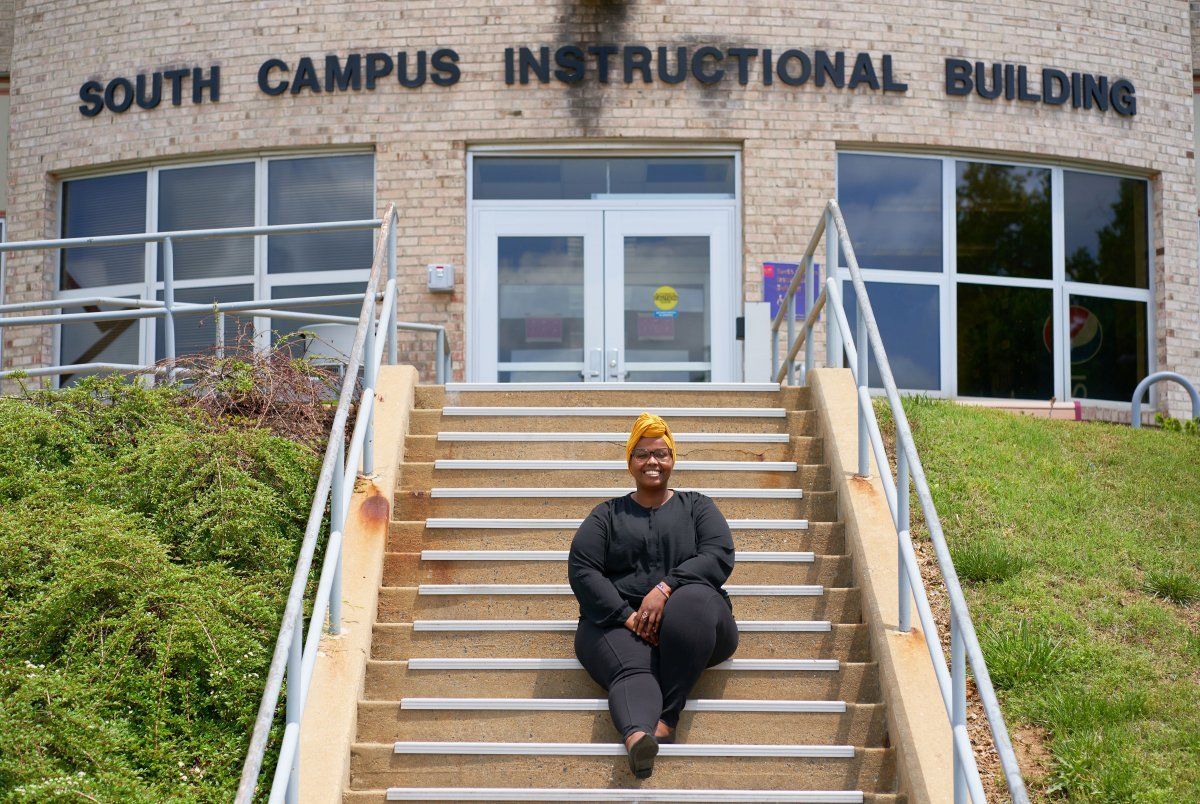
coming to America. The concept of home is strange for me because it transcends locality.
As children, our education was frequently interrupted; the focus was on how to survive from this moment to the next. My continuous learning journey really happened when I came to Montgomery County and enrolled at Montgomery College fifteen years ago. I went on to graduate with an associate degree in international studies. MC has a special place in my heart: it’s where my education was most consistent—and I got to explore different paths, learn with amazing professors and work with phenomenal staff who were of incredible support in navigating MC’s many options.
I completed a bachelor’s degree at Mount Holyoke College and a master’s degree at SOAS University of London. Now I work at MCAEL as the assistant director of programs. MCAEL is a capacity building organization and hub for literacy organizations in Montgomery County serving adult ESOL learners. We understand people cannot learn if they are sick, hungry, or worrying over a problem. So it’s not just ESOL we’re doing; we also hold network meetings to connect people to key resources, like help with taxes, jobs, immigration, food, and essential services.
I’m privileged in my life right now, but I’ve experienced extreme highs and lows. From my mother I saw that if you have something you need to pass it on—not just money but also how to navigate systems and identify help.
Because of my upbringing and moving a lot when I was younger, that need for community and relationship building was instilled in me at a very young age. That’s how we survived, that’s how we thrived—building community wherever we were. I find community here through MCAEL, as co-Chair of the African Affairs Advisory Group to the County Executive, and with my family in Germantown, MD and across the world.
As a black Muslim traveling, I tend to attract attention at airports. Once I was in the Mumbai airport with my family. My younger brother had a Tanzanian passport, my uncle had a Danish passport, my grandfather had a Somali passport, and I had an American passport. With the exception of my grandfather, we all speak English, but with different accents.
The security staff kept asking, “How are you a family?” I explained in Hindi that while we had to split off to different geographical places, we were still very much a family. Interestingly, it ended up being a positive experience when I spoke Hindi to the staff, as we were talking in a shared language which lessened the barriers and suspicions.
When I look at my family, it really shows me the world in a sense, all these different nationalities, cultures, and languages. These differences do not divide us; they make our bond that much more beautiful.
You can see Montgomery County through a similar lens—the light that is here in this county because of the different languages, cultures, and nationalities. As a student at Montgomery College, one of my favorite things was to watch the people get off the bus to go to class—here they were from all over the world, arriving in this one place for one common purpose: to learn. That’s beautiful.”
Halima’s story is part of MCAEL’S 15th Anniversary celebration; every month we’ll highlight some of the wonderful people at the heart of our coalition.
Learn more about MCAEL and its mission here: https://mcael.org/ #MCAEL15
